Myths & Facts: GLP-1 Drugs for Weight Loss
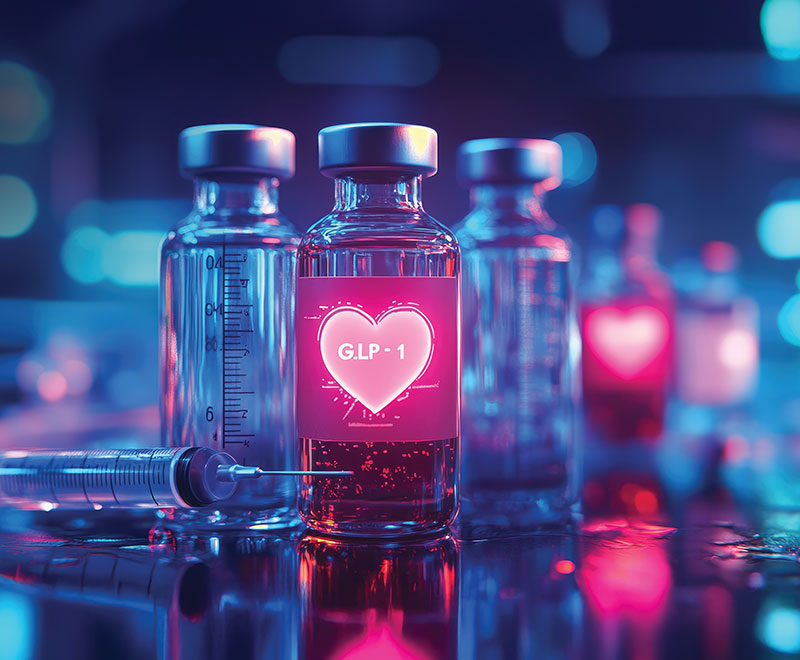
Misconceptions about GLP-1 drugs could interfere with patients’ efforts to achieve their weight-loss goals.
Diagnosing and Treating Infant Botulism
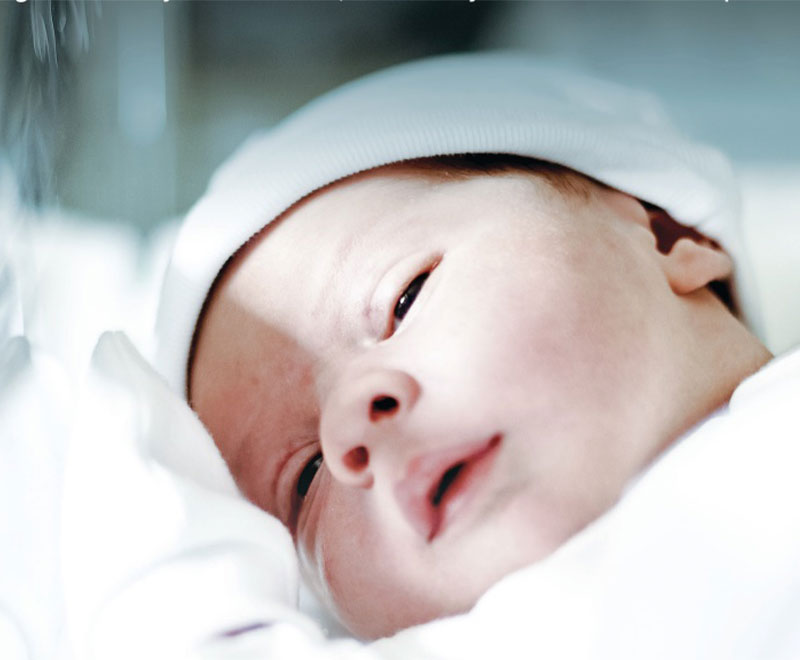
Since the approval of BabyBIG, the only treatment for this rare but life-threatening disease affecting infants mostly under 6 months, the mortality rate is now less than 15 percent.
Update on Rabies

Though mostly eradicated in the U.S., treatment for rabies must begin immediately with hyperimmune globulin and vaccines.
New and Better Hemophilia A Treatment Options Just Keep Coming
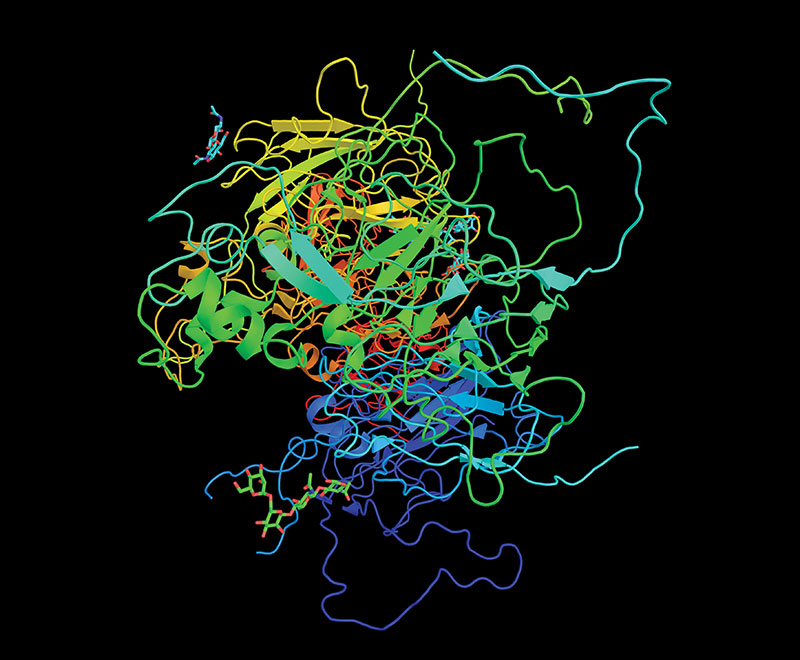
With 16 FVIII products now approved for the treatment of hemophilia A, many patients with this disease are now able to live a normal life.
Myths & Facts: Prenatal Care

With almost a quarter of women receiving inadequate prenatal care in the U.S., more needs to be done to inform women about the myths surrounding this essential healthcare service.
New Gene Therapies Are Transformative for People with Sickle Cell Disease and Frequent Vaso-Occlusive Crises
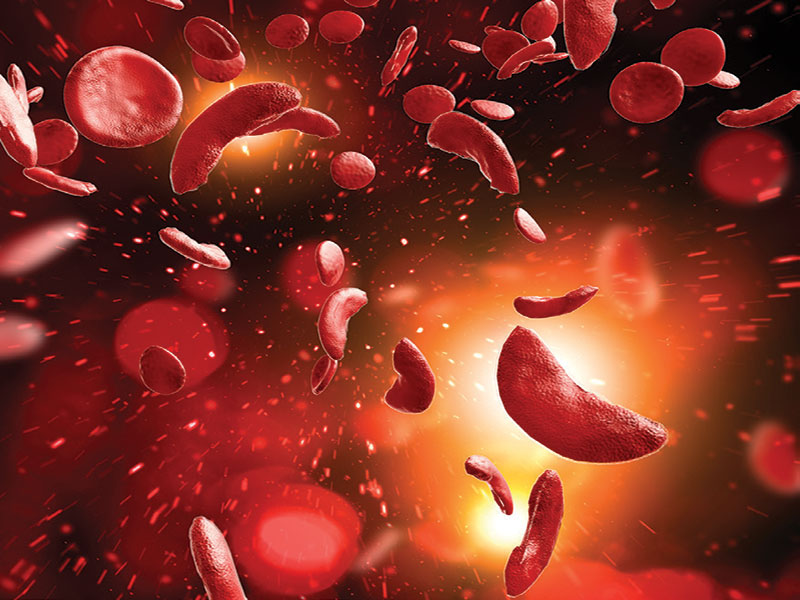
Affecting more than 100,000 American children and adults, sickle cell disease is an inherited hemoglobinopathy that results when a single-nucleotide mutation in the ß-globin gene yields an abnormal “sickle” hemoglobin (HbS). Now, these patients may be eligible for a one-time gene therapy that offers the potential of a durable functional cure by eliminating severe VOCs and associated hospitalizations.
mRNA Cancer Therapy Boosts Immune Response
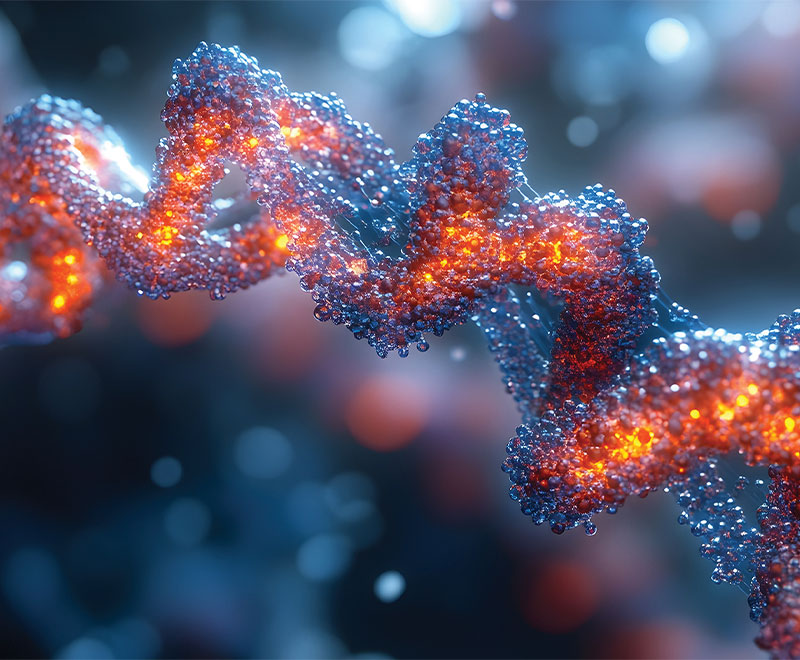
An investigational, individualized neoantigen therapy, with personalized encoded mRNA, has demonstrated potential to enable patients’ immune systems to target cells that cause cancer.
Innovations in Bioidentical Hormone Replacement Therapy
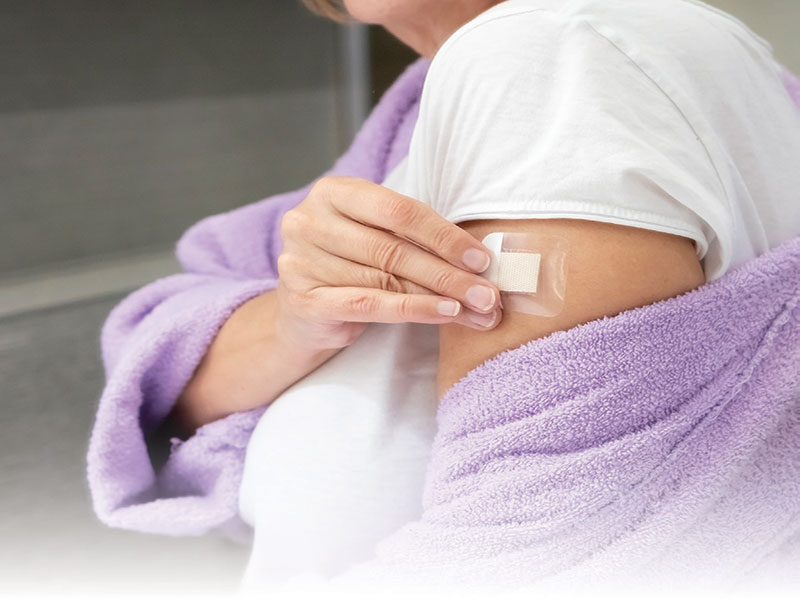
Touted as a more natural approach to hormone replacement therapy, this plant-based anti-aging remedy has evolved from an unregulated safety concern to a mainstay of modern medicine.
Advances in Treating Menopause

Menopause is a normal, natural event in every woman’s life, but it can cause a variety of uncomfortable symptoms. New therapies show promise for bringing relief and an improved quality of life.
How Gene Therapy Is Curing Diseases

For patients with genetic disease, recent evolution of and FDA approval for gene therapies are transforming care and turning an ambitious dream into a life-changing reality. But getting affordable treatments to patients safely and efficiently remains a challenge.